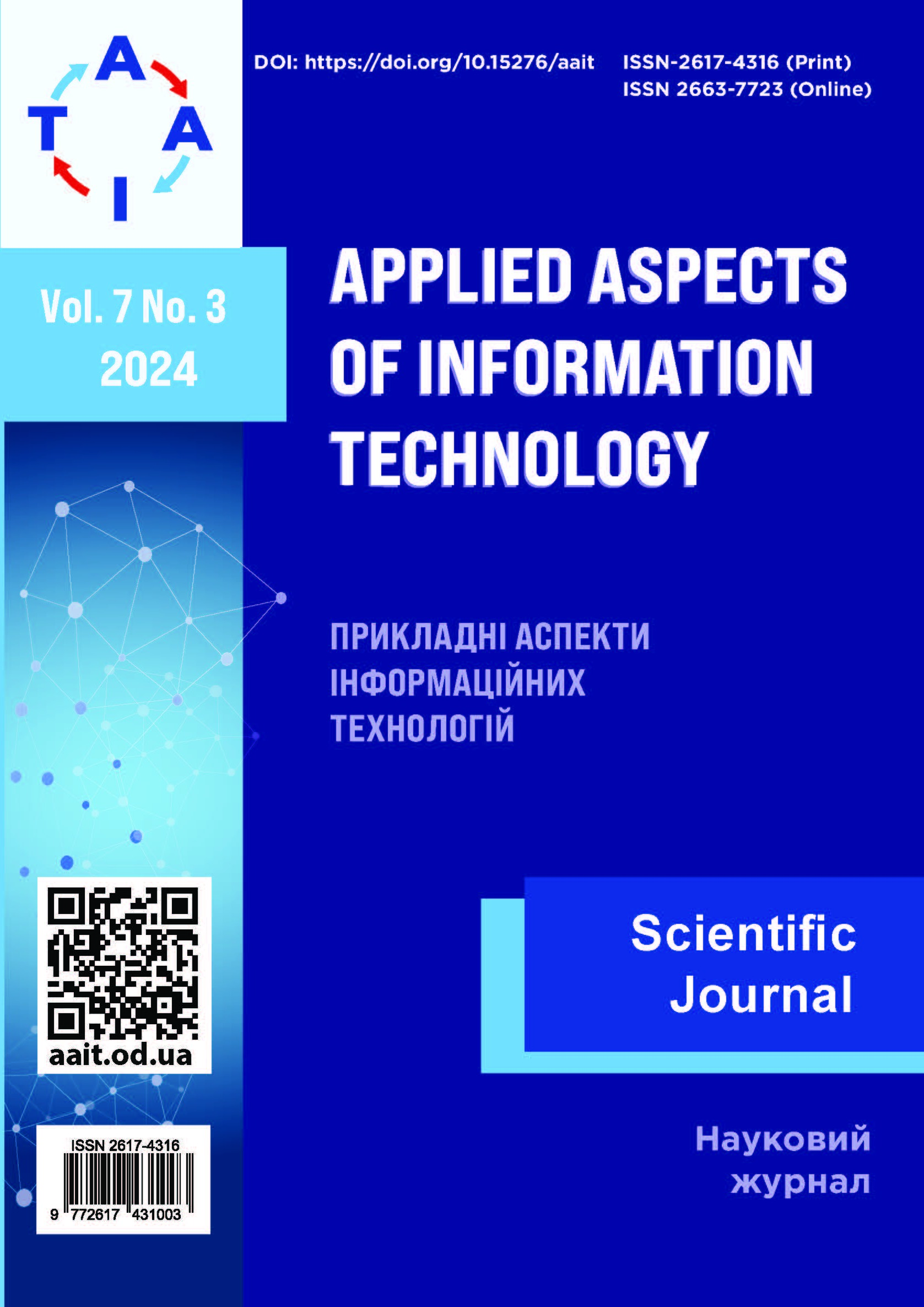A cluster approach to matching the competences of data specialists with skills in demand on the labour market
DOI:
https://doi.org/10.15276/aait.07.2024.16Keywords:
Data specialist skills, labour market analysis, unsupervised learning, clustering, academic program, specific subject competencesAbstract
This paper addresses the challenge of aligning the competences of data specialists with skills in demand on the labour market in the
rapidly evolving field of data science. Using an open dataset of 3,744 IT job postings, the study applies K-means clustering to identify
key skill groupings for data specialist positions. The optimal number of clusters is determined using the elbow method, resulting in four
distinct clusters: Data Analyst & Engineer, Data Platform Engineer, Data Science & Engineering Specialist, and Cloud Data Engineer.
The research methodology employs unsupervised learning techniques, specifically K-means clustering, to analyze the distribution of
skills across job postings. The clusters are visualized using t-distributed Stochastic Neighbor Embedding (t-SNE), providing insights into
the relationships between different skill sets. The study reveals that job titles do not always unambiguously define the required skills,
emphasizing the importance of focusing on specific skill sets rather than job titles alone. To bridge the gap between specific subject
competences academic programs and industry requirements, the paper proposes a novel approach for comparing the proportion of skills
in job clusters with the proportion of professional competencies in academic programs. This method is demonstrated using the
Information Systems and Technologies Master's program at Kherson State University as a case study. The chi-square test is applied to
confirm the statistical similarity between the skill structure of the Data Science & Engineering Specialist cluster and the competency
structure of the academic program. The findings highlight the importance of continuous adaptation of profile of academic program to
meet evolving industry needs. The proposed approach provides a data-driven framework for universities to align their programs with
labor market demands, potentially improving graduate employability in the data science field. The study also underscores the need for
personalized learning paths that can be tailored to individual career goals and skill gaps. Future research directions include the
development of an artificial intelligence system to form individualized educational trajectories based on the skills required for specific
job clusters. This could further enhance the alignment between education and industry needs, preparing students more effectively for the
dynamic data science job market.










